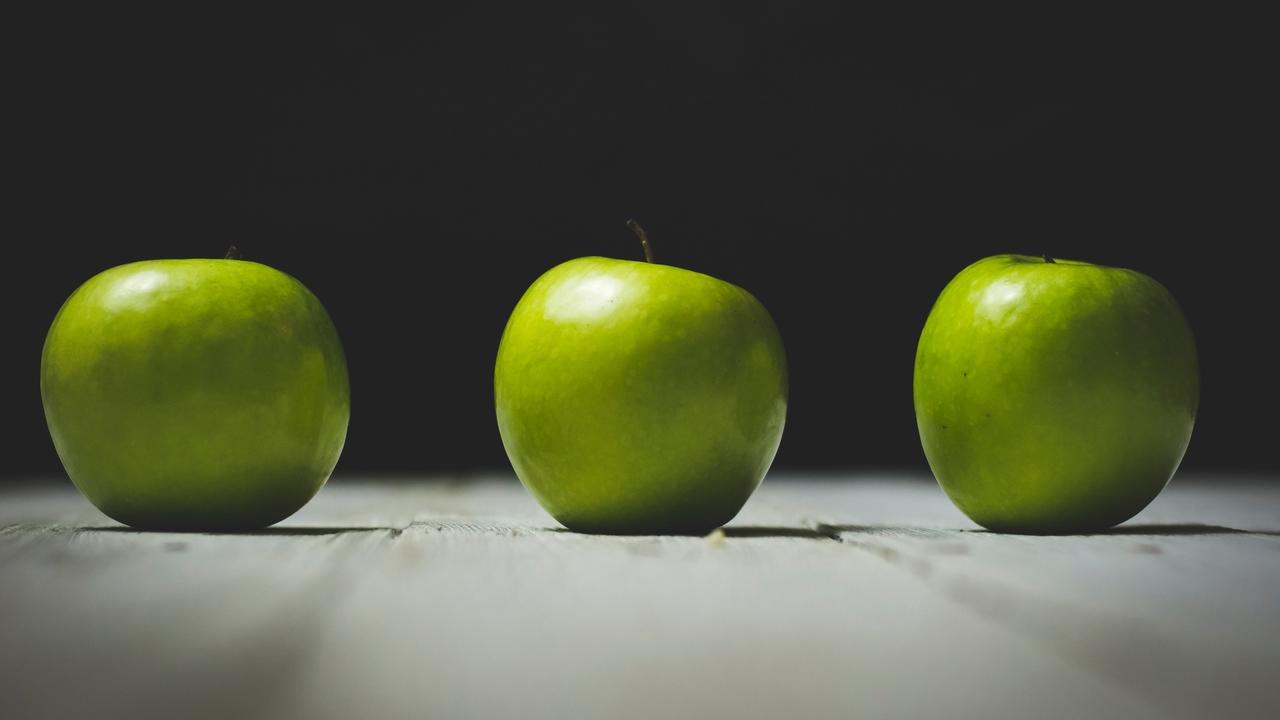
4 Tips for Navigating Food Labels
Jul 22, 2015This week, the United States House of Representatives will vote on H.R. 1599, a bill that could block the FDA and state governments from issuing mandatory labeling requirements of GMO foods. If passed, this bill would overturn current laws in Vermont, Connecticut, and Maine that require GMO labeling, and would also give food companies the power to label their GMO foods as “natural.” Of those who oppose GMOs, many are concerned about the unknown health effects, some believe that existing data already proves or indicates harm to human health, and most believe that consumers simply have a right to know what they are eating.

The recent news on H.R. 1599 reminded me of my frustration over other confusing food labels. For instance, a product may seem healthy because it bears a “natural” label, but according to the United States Food and Drug Administration, the “FDA has not developed a definition for use of the term natural or its derivatives.” In other words, manufacturers are free to call their products "natural," even if the ingredients they use aren't natural at all. To help navigate the many confusing health-centric labels on food products, try the following tips to detoxing the processed foods you buy:
1. Be aware of “USDA Organic.” When looking for the healthiest choice among processed food products (including meats, poultry, and their byproducts), seek the “USDA Organic” label. It is the only food label that is regulated by the United States government and requires third party certification. Still, this label is not always straightforward, as some products may only contain 95%, or 70% organic ingredients. To be sure that the product is truly organic, look for the label that states “100 Percent Organic,” which is a safer choice than “Organic” or “Made with Organic” ingredients.
2. Get to know third party labels. Other labels, maintained by third parties, often focus on limited concerns, like if the product contains antibiotics or growth hormones. To decipher these labels’ meanings, Consumer Reports has provided an excellent website to help you better understand these certifications.
3. Thoughtfully use your instincts. When buying food, rely on your common sense and informed instincts. If that “natural” product has un-pronounceable ingredients and byproducts, how natural could it be? Does that “sugar-free” item include other ambiguous sweeteners? Does the whole-grain bread contain trans-fats and high-fructose corn syrup? What kind of preservatives are used? Are there color additives? No matter how intriguing or convenient a pre-packaged product may look, a complicated ingredients list can be a powerful motivator to keep that item out of your home.
4. Start detoxing your diet. Like any lifestyle change, a successful detox from processed food takes patience, perseverance, and minimizing self-judgment. The goal is not to be perfect all the time, but to reduce your intake of processed products. With this mindset, I have significantly reduced my family's consumption of processed foods at a pace that has been sustainable for us.
If you are interested in learning more on food labels, as well as on H.R. 1599, the following sites and articles can be great resources for more information. Also, if you want to take a stand against H.R. 1599, use this form to easily contact your member of Congress.
Ready to Detox Your Home—Room by Room?
Download the Ultimate Home Detox™ Starter Pack—your free set of practical, science-backed tools to begin reducing toxic exposures in your everyday life.
- Nontoxic Cleaning Guide
- Forever Chemicals Detox Starter
- EMF Detox Challenge
- Safe Cookware Starter Kit
- Kitchen Detox Checklist
- Fertility / Pregnancy / Children's Detox
Join 349,000+ people who’ve turned to Ruan Living for trusted, practical nontoxic guidance.
GET MY ULTIMATE HOME DETOX™ FREE STARTER PACK NOWWe hate SPAM. We will never sell your information, for any reason.






